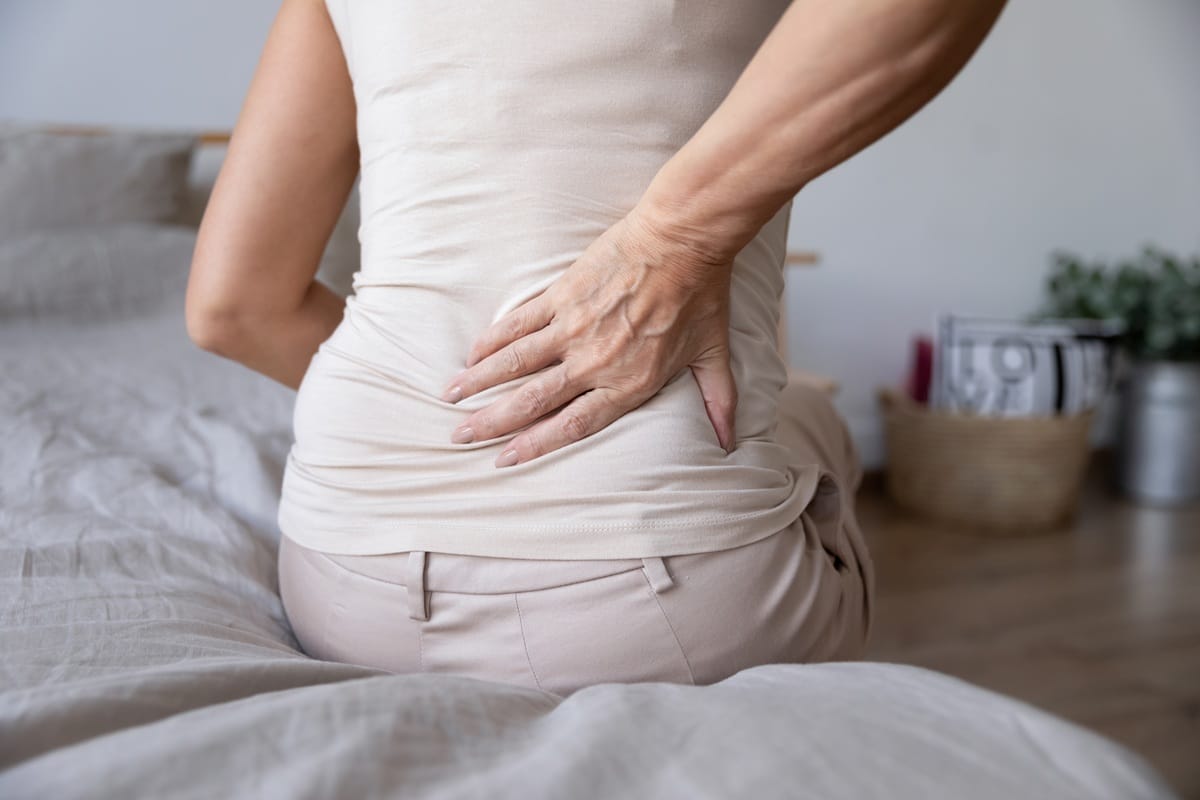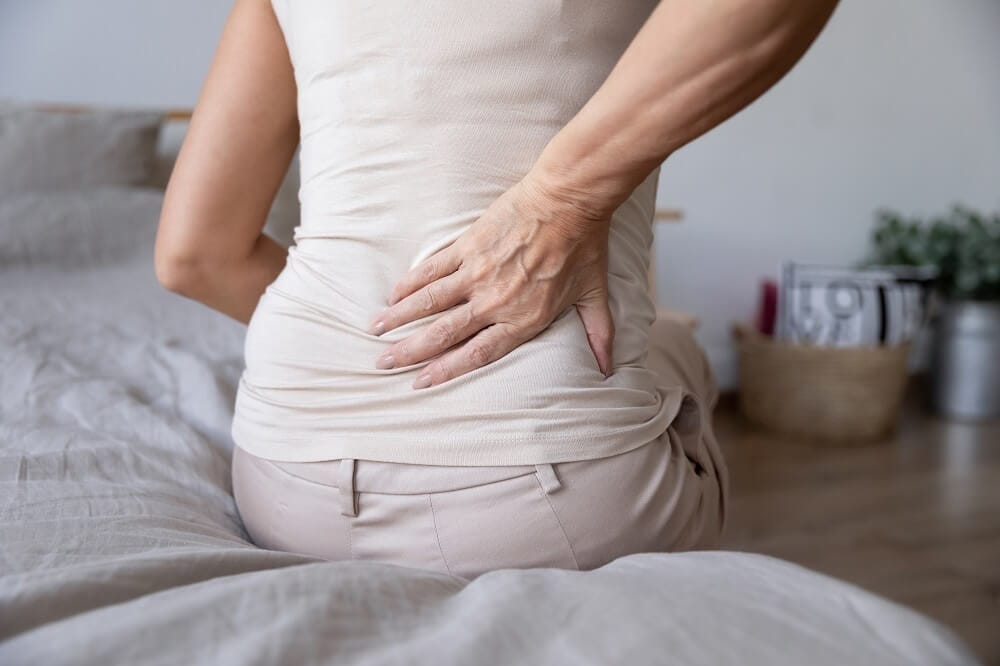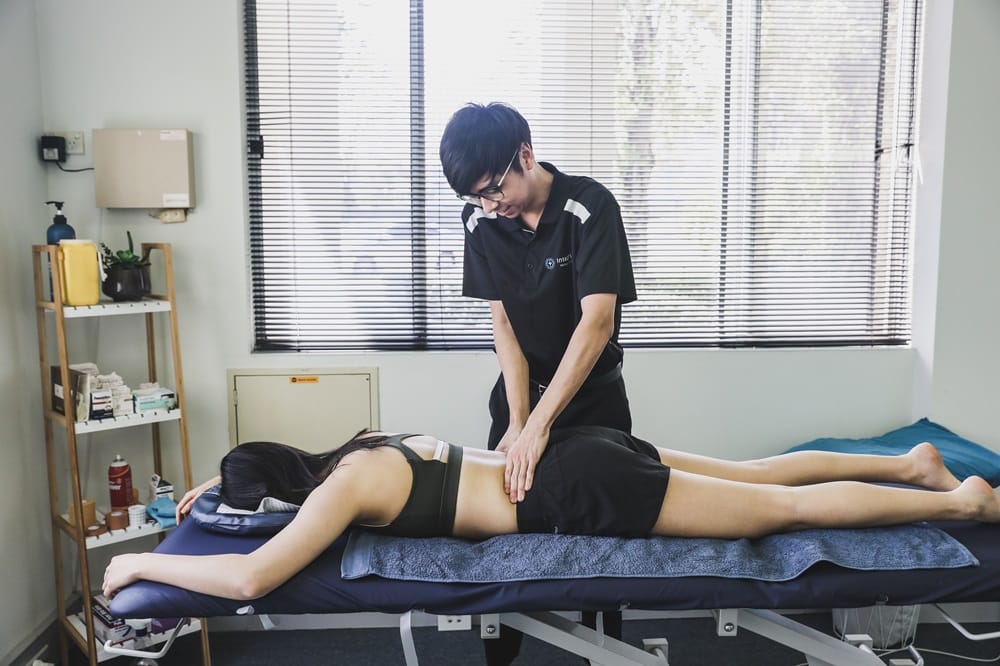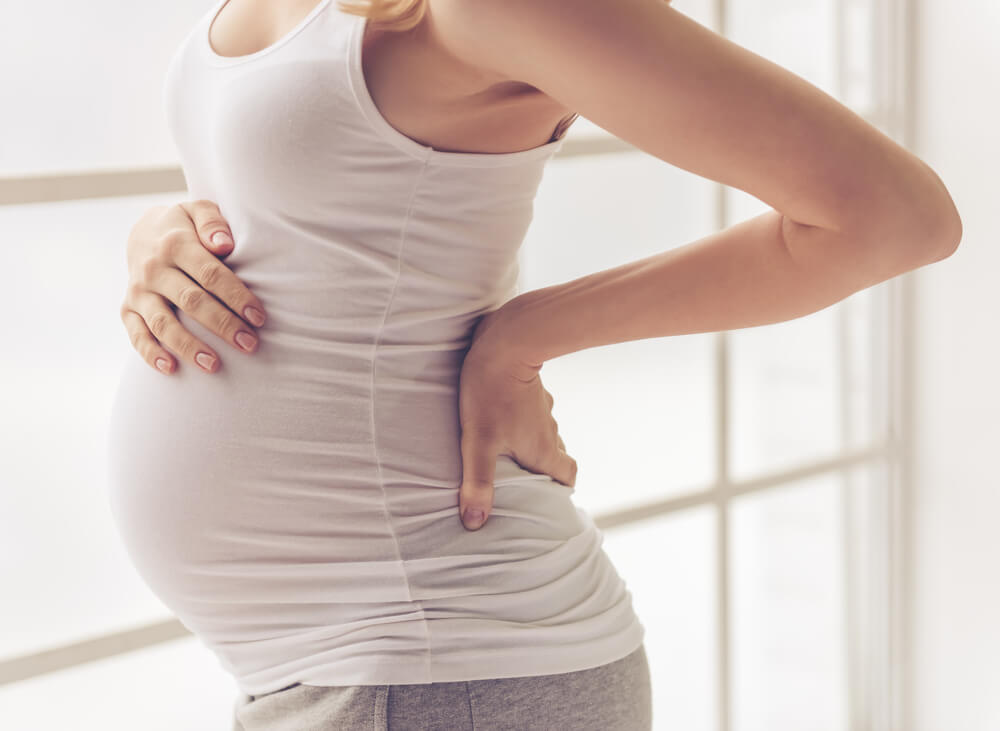
Pregnancy is an overwhelming time for anybody – changes come and go – and ultimately a new life is born. And while this process can be the most wonderful thing in the world – it’s no surprise that it comes with some drawbacks.
Yes. You guessed it – it’s joint pain. And potentially lots of it too.
Before you get too worried, let’s just point out that this is usually totally normal, and if you’re experiencing joint pain in your second or third trimester, you’re not in trouble or experiencing anything abnormal. Yes, pain is normal sometimes. But that doesn’t mean it can’t be managed and relieved.
Here’s your guide to joint pain and pregnancy – can pregnancy cause joint pain? Here’s the how and why.
How Does Pregnancy Affect The Body?
Simple answer: in many ways. Some of which we are still only beginning to understand. But one of the most documented effects of pregnancy is how the added weight of the child affects the mother.
This added weight has a variety of consequences for our muscles, bones, and even down to how we feel mentally. Here are some of the more common effects that pregnancy has on the human body:
- Increased fluid retention
- Decreased blood flow and circulation
- Taste and smell changes
- Hormonal shifts
- Breast changes
- Respiratory and metabolic shifts
Can Pregnancy Cause Joint Pain?
In simple terms – yes. It’s almost unheard of that someone goes through pregnancy without experiencing some aches and pains in the joints. It’s a common experience of almost all pregnant women – their body undergoes increased weight gain as the fetus grows and in order to support the extra life, the body makes important changes to facilitate growth and development in the womb.
Joint pain during pregnancy is also common when other lifestyle factors are contributing to joint pain. This could be a stressful or physically demanding job. It’s therefore always important to keep well rested and active to keep your joints limber.
When Does Joint Pain Start In Pregnancy?
Joint pain usually starts to become noticeable in the second and third trimesters, as the growing baby puts on more weight over time. However, it’s not uncommon for pregnant women to experience joint pain as early as their first trimester. If you start to notice severe joint pains early on, you should see a qualified pregnancy physio who can help.
What Joints Are Usually Affected During Pregnancy?
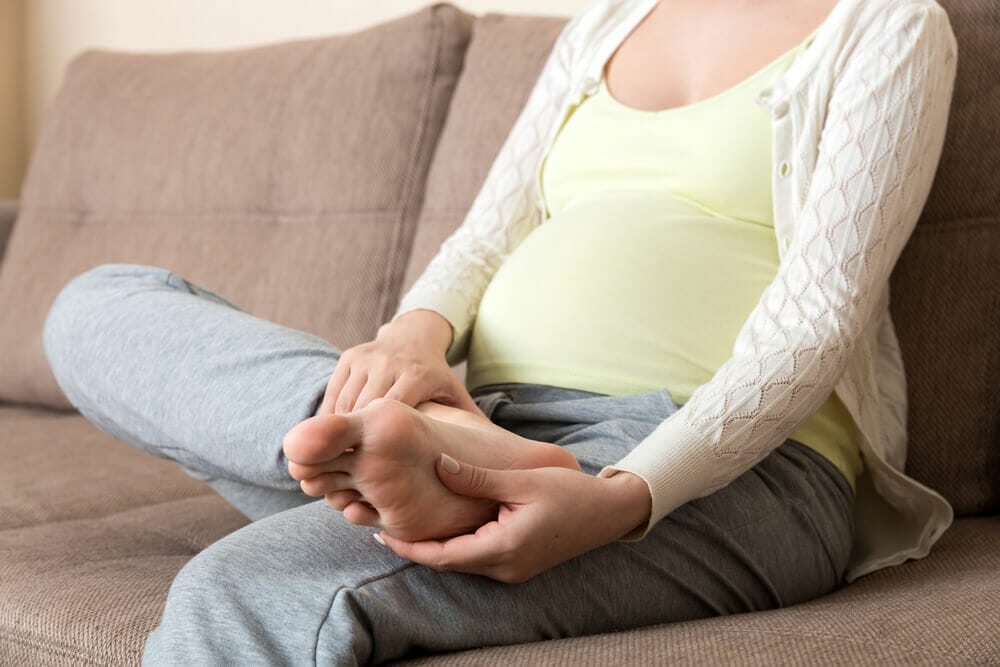
While it can sometimes feel like your whole body is aching – there are some specific joints that are often more vulnerable to pregnant women:
1. Hip Joint
One of the most painful joints during pregnancy is the hip joint. Because the hip plays such an important role in stabilising your upper body, it’s no surprise that the added weight during pregnancy can cause pain in the hip region. The Sacroiliac joints within the hip are responsible for distributing weight across the pelvis and are particularly prone to pain, especially in the last few months of pregnancy.
2. Lumbar Pain (Lower Back)
Lumbar or lower back pain is one of the most common joint ailments during pregnancy – and if left untreated can become a serious health problem down the line. This is caused by a softening of the pelvic-area ligaments which support your lower spinal structures.
3. Knee Joint
Extra weight gain from pregnancy can also put increased pressure on the lower body and cause knee pain. This is a common joint affected during the last two trimesters.
4. Pelvic Point
It’s also common to feel pain at the front of your pelvic bone or in the lower back region. In worst cases, this can develop into what’s known as Symphysis Pubis Dysfunction (SPD) during pregnancy. SPD is not harmful to the baby – but can affect your pain levels significantly.
What Are The Symptoms Of Joint Pain During Pregnancy?
Just like normal joint pain, there are some telltale signs and side effects that you should be aware of. Joint pain can manifest at any time and sometimes for unknown reasons – so it’s good to stay aware of your body at all times. Here are some common symptoms to look out for:
- Swelling at or around the joint
- Pain and discomfort when moving the joint
- Aching after use
- A feeling of weakness, or numbness
Effects Of Joint Pain On Everyday Life
Pregnancy pains, whether they’re in joints or muscles, can also have significant effects on everyday life. Some side effects can include:
- Changes in appetite
- Lower energy levels
- Increasingly volatile mental health
- Changes in sleep patterns
- Change in intensity of work-life
Can You Develop Arthritis In Pregnancy?
While pregnancy is not a cause of arthritis, those with pre-existing conditions (for example, with rheumatoid arthritis) can experience worsening symptoms during pregnancy due to the extra stress on bones. Many women also have an onset of arthritis at childbearing age – contributing to large numbers of women dealing with arthritis during pregnancy or postpartum. Research also suggests no link between stillbirths and arthritis.
How To Ease Joint Pain During Pregnancy?
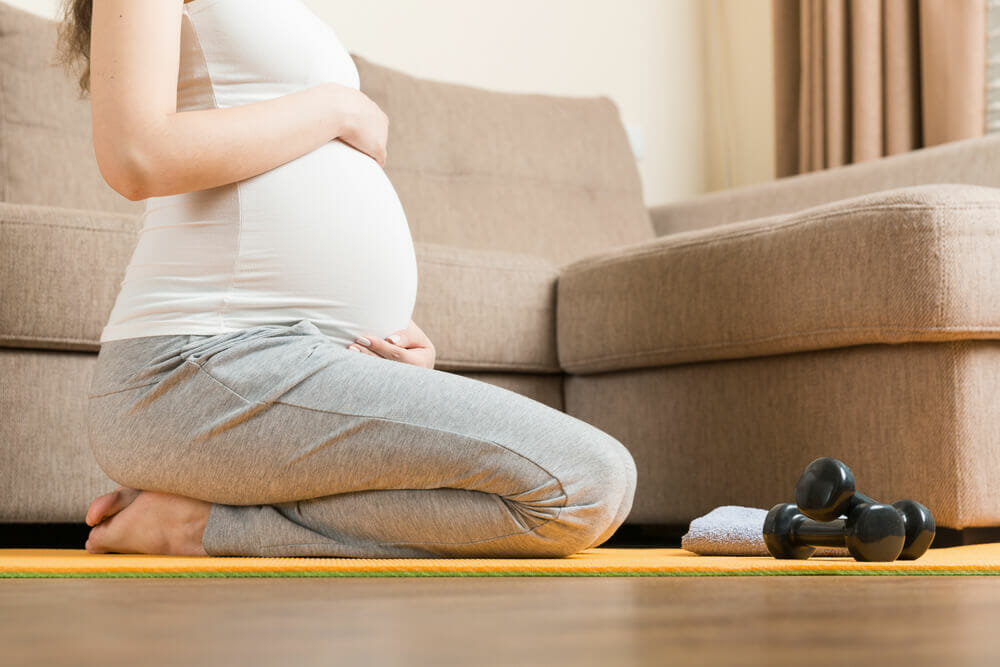
There are several ways you can start tackling the issue of joint pain – whether you’re pregnant or not. It’s always good to stay in tune with your body and know what your limit is. Here are some ways to keep your joints limber:
- Keep active and don’t give up daily activities
- Try low impact exercises like swimming
- Get enough rest
- Raise your feet up to take the pressure off your knees and ankles
- Visit a physiotherapist for joint pain treatment and get a proper plan
How Can A Physiotherapist Help With Joint Pain During Pregnancy?
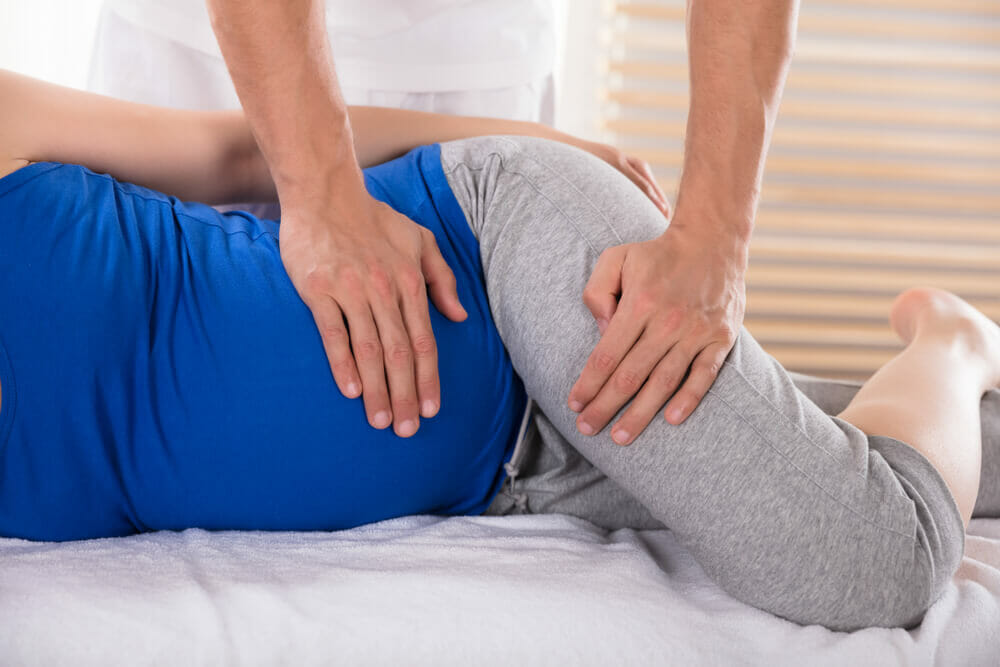
If you’re noticing increased pain around your joints during pregnancy, this is entirely normal – but should also not be ignored. It’s important you get the right help you need from a professional pregnancy physio who can diagnose and treat the issue for you.
Had enough of the joint problems? Get in touch with our team here at Integrity Physio for expert advice and treatment.

